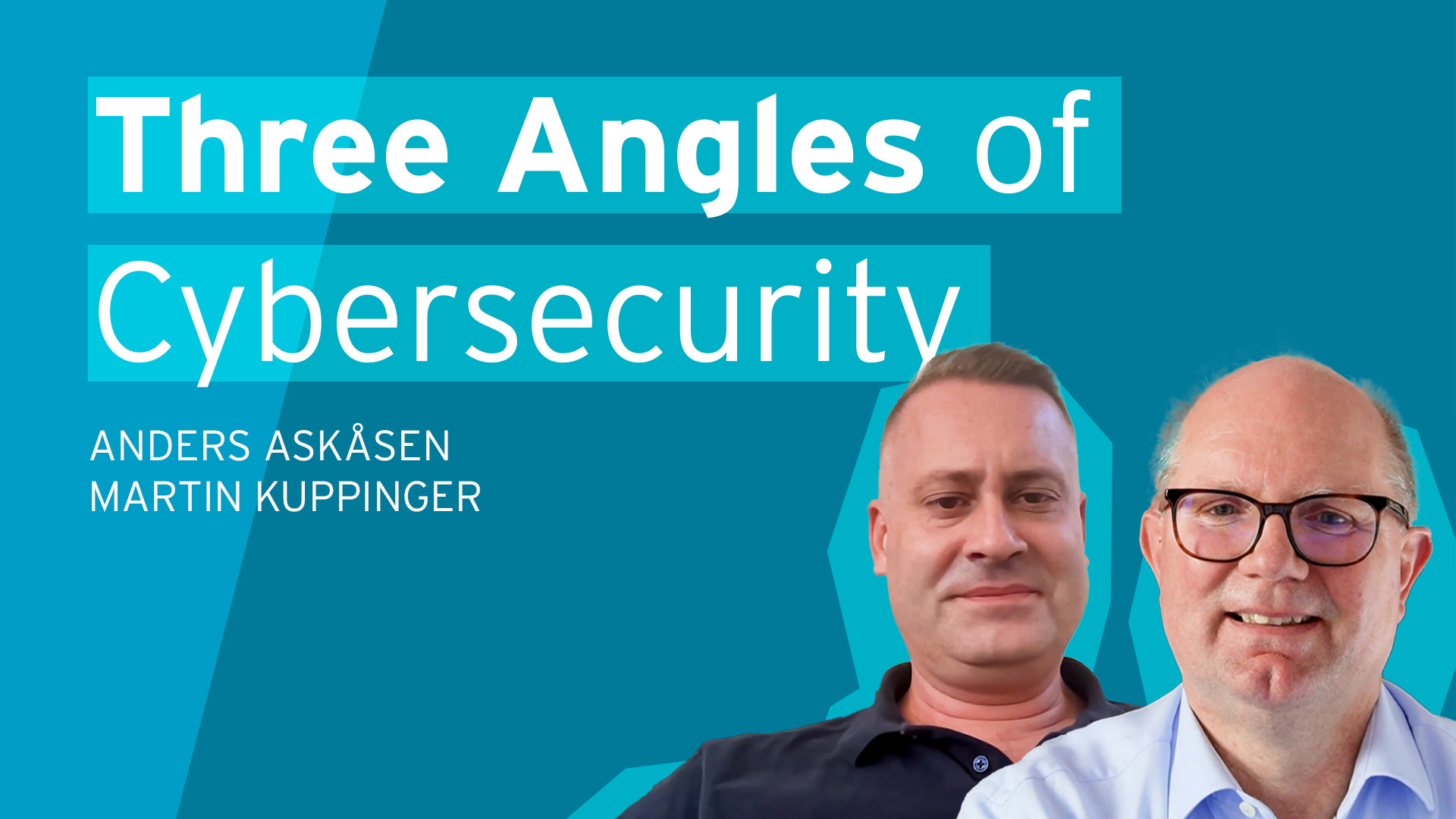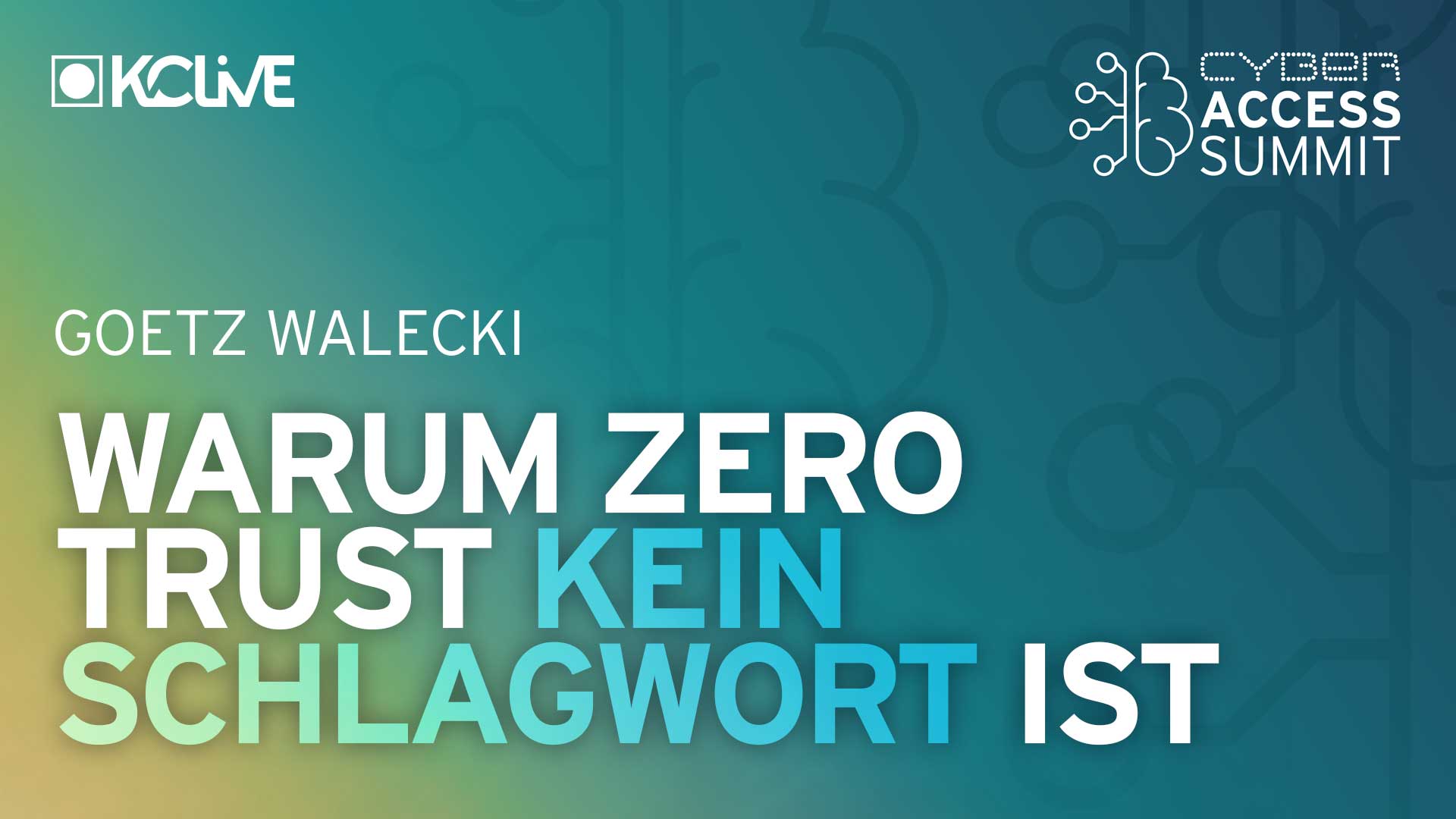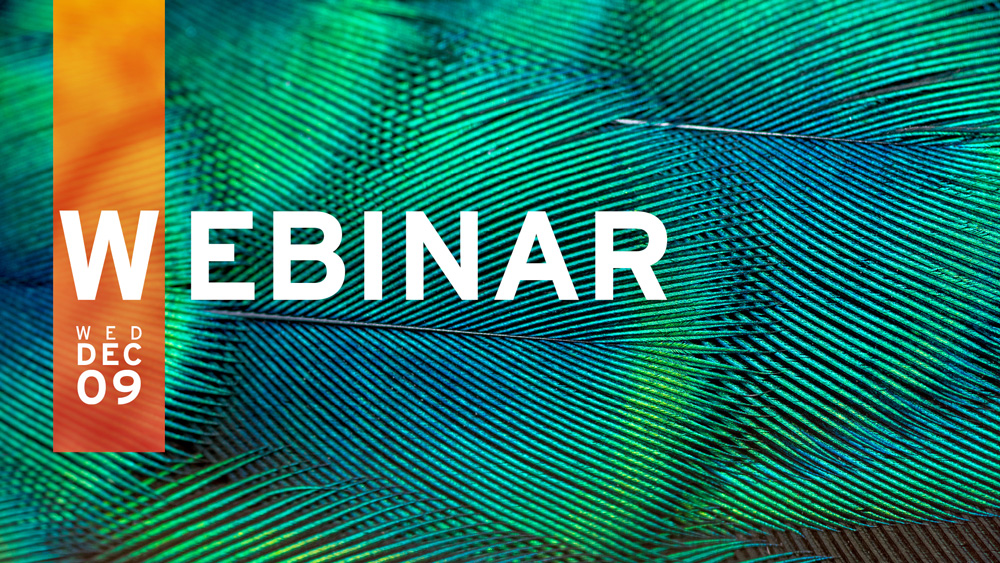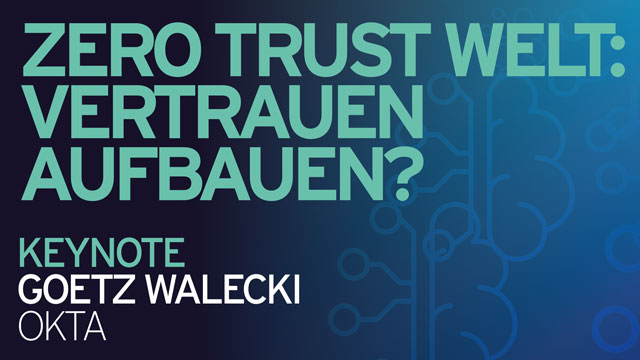Insights
Research
Advisory
Events
Videos
KC Open Select
Company
KuppingerCole's Advisory stands out due to our regular communication with vendors and key clients, providing us with in-depth insight into the issues and knowledge required to address real-world challenges.

Optimize your decision-making process with the most comprehensive and up-to-date market data available.
Compare solution offerings and follow predefined best practices or adapt them to the individual requirements of your company.
Configure your individual requirements to discover the ideal solution for your business.

Meet our team of analysts and advisors who are highly skilled and experienced professionals dedicated to helping you make informed decisions and achieve your goals.

Meet our business team committed to helping you achieve success. We understand that running a business can be challenging, but with the right team in your corner, anything is possible.
Okta is the World’s Identity Company. As the leading independent Identity partner, we free everyone to safely use any technology—anywhere, on any device or app. The most trusted brands trust Okta to enable secure access, authentication, and automation. With flexibility and neutrality at the core of our Okta Workforce Identity and Customer Identity Clouds, business leaders and developers can focus on innovation and accelerate digital transformation, thanks to customizable solutions and more than 7,000 pre-built integrations. We’re building a world where Identity belongs to you. Learn more at okta.com.

In this video, Anders Askåsen of Okta and Martin Kuppinger, Principal Analyst at KuppingerCole Analysts, discuss the lessons that organizations can learn from the financial services industry on compliance and multi-factor authentication (MFA). They focus on DORA and NIS, upcoming regulations that will impact the financial services industry and other organizations. They discuss the need for strong MFA and the importance of context in authentication. They also explore what other industries can learn from the financial services sector's experience.

Sie kennen das Sprichwort mit dem Tier, das durch das Dorf getrieben wird. Zero Trust könnte mal wieder dieses Tier sein.
Doch Zero Trust gehört nicht in diese Kategorie und ist ein absolut notwendiges Sicherheitskonzept in Zeiten, in denen Unternehmen mit extrem kostenintensiven Angriffen wie Ransomware konfrontiert werden. Daher beleuchten wir in diesem Vortrag ganz aktuelle Szenarien und was es braucht, um derer Herr zu werden.

2020 pushed the notion of trust to the forefront of all our lives. It made customer trust in brands acutely important to the bottom line amidst a severe economic recession. It also forced many organisations to overcome long-standing reservations about trusting their employees to work from home and placing their faith in digital channels to serve customers.

Inspired by this quote from Mark Carney, the former Governor of the Bank of Canada (2008-2013) and the Governor of the Bank of England (2013 -2020), we will take a look at how identity and trust are intimately connected, yet how fragile they are in the digital world. And, using two customer examples, we’ll show you how critical identity is to establishing trust and enabling seamless digital experiences in our daily lives.

Da mittlerweile mehr als zwei Drittel aller Beschäftigten remote arbeiten, möchten Unternehmen Ihren Nutzern sichere und flexible Arbeitsmöglichkeiten über alle Plattformen und Geräte hinweg anbieten. Und da sich 85% Ihres Datenverkehrs bereits in der Cloud befindet, schützen Sie Ihre Nutzer und Daten am besten mit Security aus der Cloud. Aber wie?

Verteilte IT-Umgebungen, der Einsatz einer Vielzahl von SaaS-Anwendungen, hybride IT und Multi-Cloud-Strategien: All das führt zu einer unübersichtlichen Zahl verteilter Identitäten in den zugrundeliegenden Systemen. Eine solche jenseits des Perimeters gewachsene IT-Landschaft bietet neue Angriffsfläche für Cyberangriffe und birgt Sicherheitsrisiken. Zero Trust ist die Antwort. Doch wie baut man das notwendige Vertrauen in einer Zero Trust Welt auf?

When it comes to identity management many companies depend heavily on Microsoft Active Directory (AD). This high degree of dependency on one service can become a problem when this service faces an outage. Also, respective of the requirements companies have, all services have certain limitations which are sometimes necessary to overcome. Many cyberattacks are perpetrated via staff endpoint devices (computers, smartphones or even printers). This necessitates a fine-mesh risk management approach with a centralized solution, called Identity Fabric at KuppingerCole.